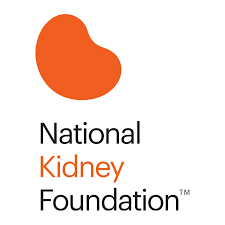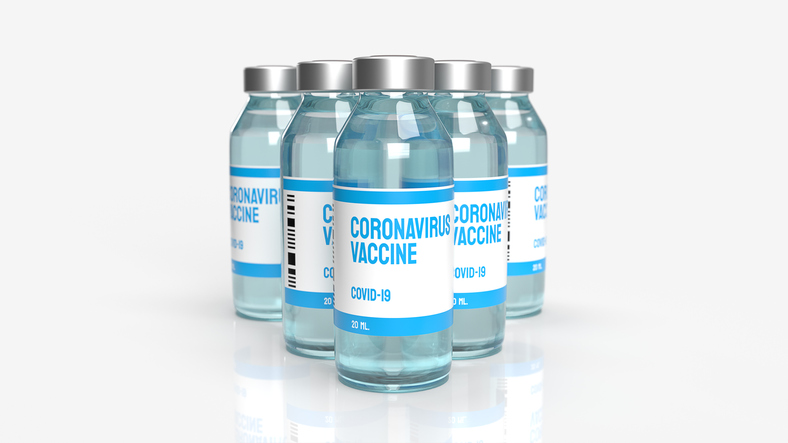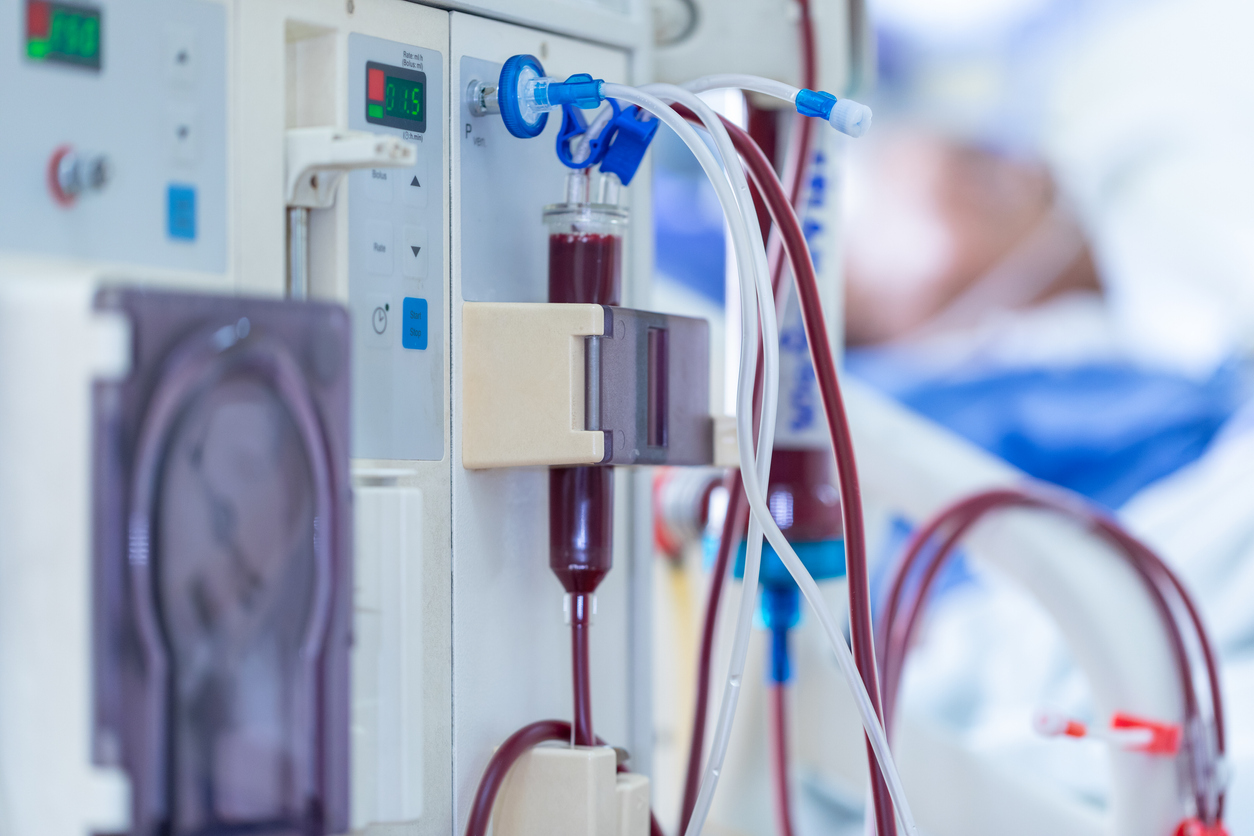Loading
“The National Kidney Foundation (NKF) releases today a position paper developed by 16 experts in nephrology and transplantation from 13 institutions that plots a path for research and innovation to address the most pressing barriers to kidney transplant access, organ availability, and long-term allograft survival in the United States.
This ambitious agenda seeks to direct research investment to optimize equity, efficiency, and patient-centered outcomes and maximize the benefits of transplantation in our country. Today, while nearly 100,000 people are on the waitlist for a kidney transplant, only 22,817 Americans received a kidney transplant in 2020.
“While kidney transplantation provides the best treatment option for kidney failure to thousands of patients each year, the goal of universal access to this treatment remains elusive,” said lead author Krista L. Lentine, MD, PhD, Saint Louis University Center for Abdominal Transplantation. “Addressing the priorities outlined in this research agenda has the potential to transform kidney patient care by expanding opportunities for safe living donation, improving waitlist access and transplant readiness, maximizing use of available deceased donor organs, and extending graft longevity.”
To assess the knowledge gaps amenable to more research, NKF convened an expert panel to develop a research agenda aimed at advancing access to kidney transplantation for all patients who could benefit, with attention to reducing/eliminating racial and ethnic disparities and supporting the goal of “one transplant for life” for organ recipients.”
Read full article, here.
Loading






